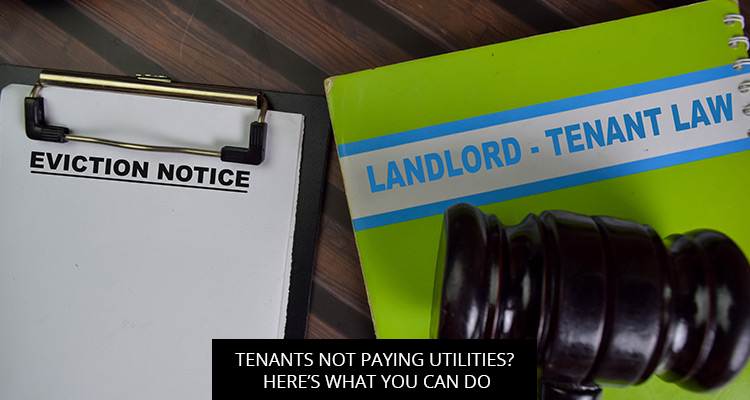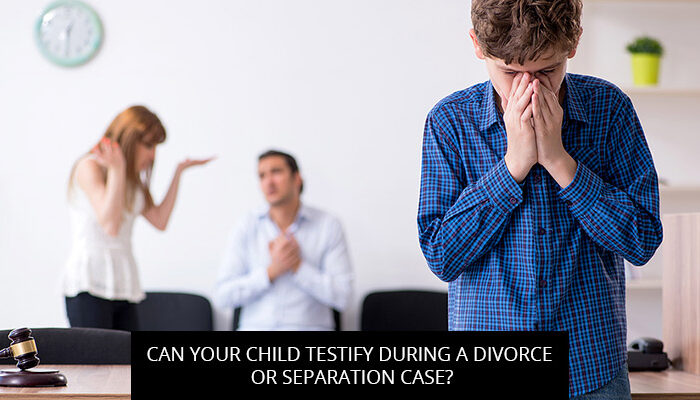
The process for enforcing the non-payment of utilities is very different than enforcing the non-payment of rent. If you are involved in a landlord and tenant dispute, you should contact a housing lawyer immediately to assist you, as every individual case will vary.
When a landlord and tenant sign an all-inclusive tenancy agreement, the landlord is responsible for paying for the utilities in the rental unit, however in many circumstances, landlords will have the tenants pay for certain utilities if mentioned in the lease agreements. Therefore, it is advisable to be highly diligent prior to signing your lease agreement.
At times, where a tenant fails to pay their utilities, the landlord will attempt to evict them from the rental property through the familiar non-payment of rent process. However, this is an incorrect procedure and can lead to dismissal of landlord’s application by the Landlord and Tenant Board, further delaying the eviction process.
Where Can A Landlord Seek Remedy In Case The Tenant Fails To Reimburse Utility Bills?
The Landlord and Tenant Board (LTB) is authorized to address the issues arising from arrears of utilities.
How To Secure An Eviction?
Under section 2(1) of the Residential Tenancies Act 2006, S.O. 2006, c. 17, heat, electricity and water are defined as “utilities”. If the landlord wants to evict a tenant for non-payment of utilities then a landlord can apply to the LTB on the grounds that the tenant is disrupting the landlord’s legal rights, privileges or interests.
The LTB has the jurisdiction to order an eviction for unpaid utilities. The Board can order the tenant for the payment of the unpaid utilities that they were required to pay under the terms of the tenancy agreement. Moreover, if the tenant’s non-payment has resulted in damage (e.g.: a burst pipe) to the rental unit, the Board can award payment for the damages caused.
Choosing The Right Application
L2 Application – If the tenant possesses the rental unit
Through L2 Application, the landlord can claim expenses they suffered if the tenant has failed to pay the utility costs. The landlord has to make sure that the tenant must be in possession of the rental unit while filing the L2 Application.
L10 Application – If the tenant has already vacated the unit
If the tenant has moved out of the rental property, then a L10 Application can be used by the landlord to secure an order for payment of the unpaid utilities. Through this application the landlord can claim the expenses they suffered because the former tenant did not pay the utility costs.
While technically the L10 application can be filed within one year after the former tenant has vacated the rental unit. As per section 189.0.1 of the Residential Tenancies Act 2006, the applicant (landlord) is responsible to give the application and notice of hearing to the former tenant at least 30 days before the date of hearing.
Serving N5 Notice
Another correct application to give the tenant would be an N5 Notice to End Your Tenancy for Interfering with Others, Damage or Overcrowding. It must be followed by an application to the Board for a hearing if the tenant did not correct the problem (pay) within 7 days.
Contact Our Skilled Lawyers
If you require any information regarding landlord tenant dispute the best way to protect your interests is to hire a landlord tenant board lawyer to work on your case.
Disclaimer: Kindly note that sending or receiving information through this site does not establish a solicitor-client relationship. Legal matters are fact-specific, and the law is variably changing. The views expressed and the content provided on this blog are general guidelines and cannot substitute for proper legal advice. Schedule your legal consultation by clicking here: Let’s meet!






